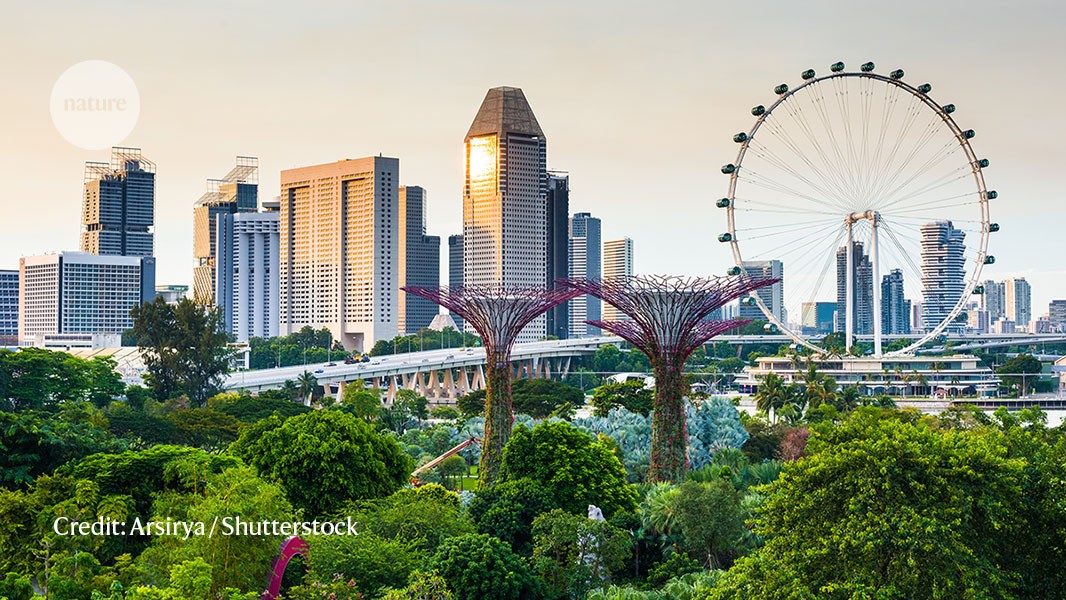
"The Singapore freshwater crab, Johora singaporensis, faces endangerment due to habitat specificity and urban pressure, prompting a governmental conservation effort."
"Human activities have caused an extinction rate of 37% in Singapore's ecological history, making conservation initiatives essential for survival."
"The collaborative efforts of NParks, academia, and conservationists led to a successful captive-breeding program that is crucial for the species' recovery."
"Singapore's commitment to integrate conservation into city-planning is unprecedented, aiming not only to protect biodiversity but also to enhance urban living conditions."
The Singapore freshwater crab, Johora singaporensis, is facing endangerment due to its specific habitat requirements and the urban pressures of Singapore, which is heavily urbanized with only 16% rainforest remaining. Concerns about the crab intensified in 2008 when it was discovered that populations were dwindling, prompting the formation of a conservation working group. This group implemented a captive-breeding program and released crabs into suitable habitats, crucially aiming to bolster wild populations, while the Singapore government integrates environmental goals into city planning to combat habitat loss and enhance public health.
Read at Nature
Unable to calculate read time
Collection
[
|
...
]